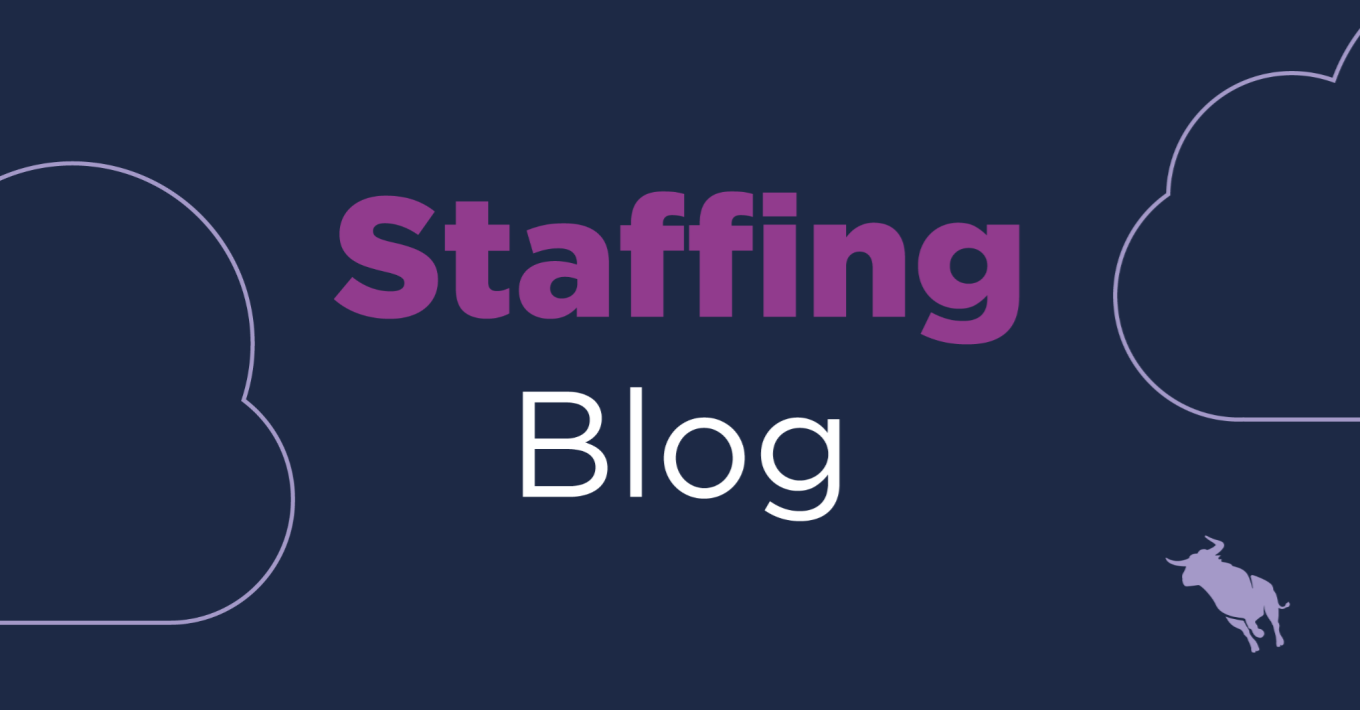The Sales Cycle

This article is the first in a series where we will break down the 3 business cycles that make up staffing and recruitment firms: the sales cycle, the recruitment cycle, and the marketing cycle.
We will talk about how you can optimize them with communication, process and data health automation, as well as how you can work to better unify the cycles as a part of your overall business strategy.
What Really is a Sales Cycle?
The sales cycle is the specific process and steps a staffing industry salesperson takes to discover, nurture, close, and retain a prospective client.
To keep your sales cycle churning, you need an effective nurturing program that ensures prospects and existing clients are being communicated with at the right time, with the right message for them. How?
First, you need to outline your company’s sales cycle. We suggest you partner with the recruitment and marketing teams to further define your communications and nurturing strategies within the cycle. This also helps to ensure there are no duplication of efforts or confusing communications being sent to clients or prospects.
Once you have that process and communication strategy outlined, it’s time to automate. Our automation planning guide here can help you get started. We’ve also sprinkled some tips for each step in your sales cycle outlined below.
Let’s break down the sales cycle and see where we can reduce busy work, save your sales folks time, and do more closing.
Pipeline Management
This step involves both planning and ongoing management of the leads and existing clients in your pipeline.
From making sure your leads are categorized correctly (so they receive the right communications at the right time) to keeping leads in the right stage of your process, data health and automation should play heavily in this step of the sales cycle.
Prospecting
Prospecting could include everything from cold calling to emailing to networking at tradeshows. To optimize your sales folks time, we recommend a heavy dose of automation for this step.
Communication
We all know how important ongoing communication is with leads, but my guess is that most of your sales guys and gals have very different messages, cadence, and consistency.
Why not spend an hour or two strategizing to find which verbiage and timing has proven most successful, and standardize that flow with automation. Everyone will love the extra time back in their day, and your client prospects will love that they know what to expect from your brand, every time.
Additionally, hook up with your marketing team to see how they can help your sales communications strategy and where there is concurrence between your messaging and nurturing plan and their content marketing plan. Trust me, they’ll love it.
Qualification
Qualifying leads is an extremely important part of the sales cycle, ensuring that your teams aren’t wasting their time doing demos, presentations, and calls with leads that aren’t a fit. We recommend using surveys to help automate some of this step.
Offer
Your lead is all warmed up and definitely interested in your services. Let’s make a deal. If you’ve been utilizing the automations referenced above, this step will come sooner and sooner in your sales cycle, meaning more contracts each year with the same amount of resources.
Overcoming Objections
This can be a tough part of any salesperson’s day, but with collaboration and standardization, this too can become an easy, breezy step in your process.
Closing
More automation of processes, communication, and database hygiene means your salespeople have more time for closing.
Job Order Details
Chances are this step involves the handoff from you to the recruiter who will be working the order(s) for your new client. Make sure you collaborate and automate. Setup automated notifications and tasks for your recruiter once a job comes in that includes all of the pertinent details from your very own CRM/ATS.
Checking In
Now, this is important. And, also even more important to make sure you are collaborating with your recruiting counterpart to ensure you aren’t overlapping or sending conflicting or confusing messages to your now active client.
Again, collaboration that feeds a standard process that can be automated will work hugely in both sales and recruiting efforts. Because even though the client has been officially sold, it ain’t over till it’s over, and there are always more orders to be had.
Requesting Testimonials
Your marketing team will thank you, and so will your new client. Take this opportunity to thank them for being such a valued partner, and don’t forget to mention how you would love to feature a quote from them on your website. Use an automated survey as a step in your process to ensure the testimonial request (a) automatically sends at the right time and (b) sends every time.
Requesting More Orders
Who doesn’t want more business? We all do, but sometimes it’s easy to get caught up in new leads and what’s rushing down the pipeline. This is yet another step your sales teams can automate with triggered notifications and tasks based on a contract nearing its end date or renewal date.
Final Thoughts
We want to help you help your sales team by automating as much of the process as possible, and leaving them more time to do what they do best.
With that, we hope you’ve learned a little about how to define and optimize your sales cycle as well as how to use automation to make it better, faster, stronger.








